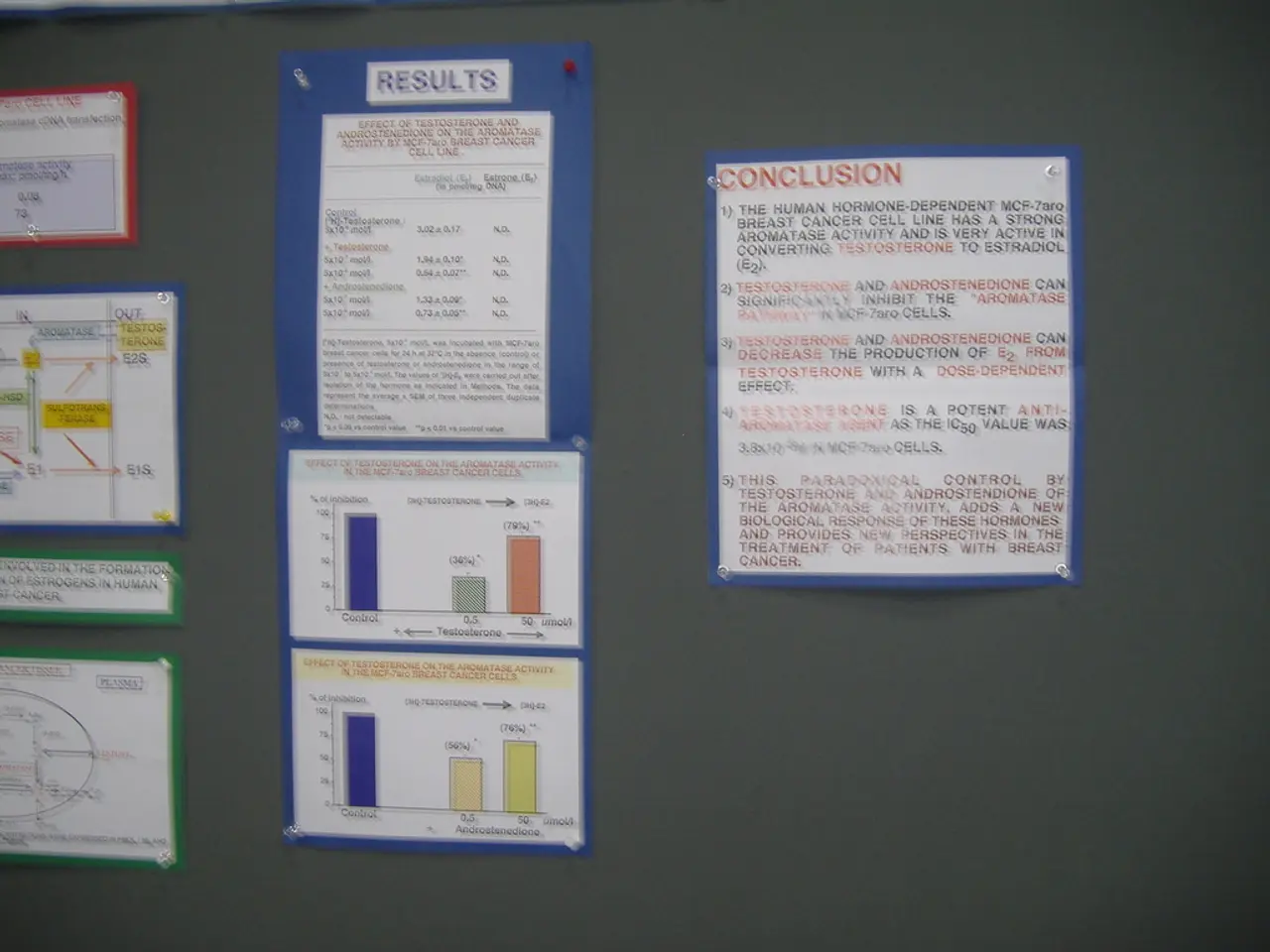Turkish banks anticipated for recovery by the end of 2025, according to predictions by Goldman Sachs following rate cuts.
The Central Bank of the Republic of Turkey (CBRT) announced a significant interest rate cut of 300 basis points in July 2025, marking a return to easing monetary policy after previous hikes. This decision and the expected future rate reductions are expected to have a mixed but generally contracting impact on the profitability of Turkish banks, including Garanti BBVA and Akbank.
Impact on Net Interest Margin (NIM)
Turkish banks generate profits by borrowing at lower rates and lending at higher rates. When benchmark interest rates are cut sharply but deposit rates do not fall proportionally or as swiftly, banks’ net interest margins can shrink. Given that Turkey’s rates remain very high by global standards (43%), the immediate effect is likely a compression of lending spreads, reducing interest income from loans provided by banks like Garanti BBVA and Akbank.
Loan Demand and Credit Growth
Lower interest rates typically encourage more borrowing from consumers and businesses. If the rate cut stimulates loan demand, banks could see an increase in loan volumes, partially offsetting the negative margin pressure through higher overall interest income and fee-based income. However, this depends strongly on the broader economic environment in Turkey, which includes inflation pressures (still above 35%) and geopolitical risks.
Additional Considerations
- Inflation and Currency Risks: Despite rate cuts, inflation remains elevated (~35%), and currency volatility can impact banks’ foreign currency exposure and loan portfolios. Interest rate cuts under such inflationary conditions carry risks of accelerating inflation and lira depreciation, which can introduce credit risks if borrowers face difficulties servicing loans.
- Regulatory and Tax Changes: The Central Bank and government have shown active sensitivity to local dollarization and tax changes that impact deposit returns, which can affect banks’ funding costs and client behavior, influencing profitability.
Outlook for Garanti BBVA and Akbank
Garanti BBVA and Akbank, as major Turkish banks, will likely face pressures on net interest margins due to rate cuts. Their profitability will depend on their ability to expand loan volumes, manage credit risk amid inflation, and adapt to macroeconomic uncertainty. The aggressive easing stance by the CBRT intends to support economic growth, which, if successful, could stabilize or improve bank profitability in the medium term despite short-term margin pressures.
In summary, the profitability impact hinges on banks' ability to navigate margin compression while leveraging credit growth and managing risks in a still volatile economic context in Turkey. Revised earnings reports and updated profitability estimates in the second half of 2025 will be closely monitored by investors for these banks.
[1] Goldman Sachs Research Note, "Key factor: Interest rate sensitivity," July 2025. [2] Central Bank of the Republic of Turkey, "Monetary Policy Committee Statement," July 2025. [3] Garanti BBVA, "Q2 2025 Earnings Release," July 2025. [4] Akbank, "Q2 2025 Earnings Release," July 2025. [5] Financial Times, "Turkey's Central Bank slashes interest rates as economy shows signs of recovery," July 2025.
- The Central Bank of Turkey (CBRT)'s decision to reduce interest rates in July 2025 is expected to affect the Turkish government, particularly major banks like Garanti BBVA and Akbank, as they navigate potential margin compression due to reduced lending spreads.
- The profitability of Turkish banks relies not only on the interest income from loans but also on their ability to manage credit risks amidst elevated inflation (~35%) and geopolitical risks.
- The Turkish economy's broader environment, including inflation pressures and currency volatility, may significantly impact banks like Garanti BBVA and Akbank in terms of funding costs, client behavior, and credit risk.
- The regulatory environment, including changes in local dollarization, deposit returns, and taxation, will also play a crucial role in determining the profitability of major Turkish banks following the interest rate cut.
- The President of Turkey, Recep Tayyip Erdogan, and the government will be closely monitored by investors as they support economic growth with this aggressive easing stance, hoping to stabilize or improve bank profitability in the medium term.




